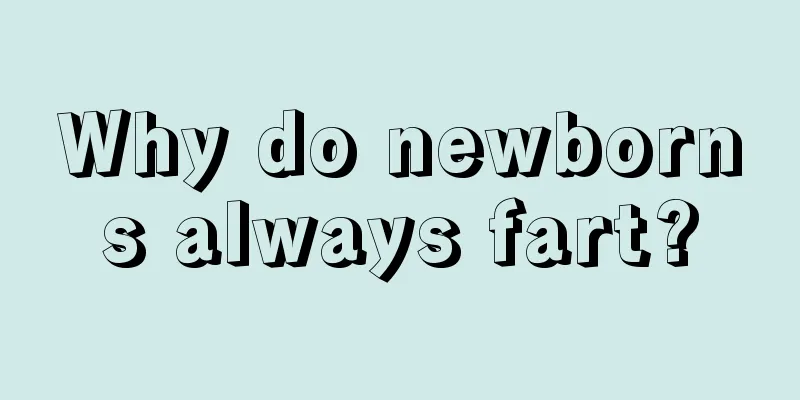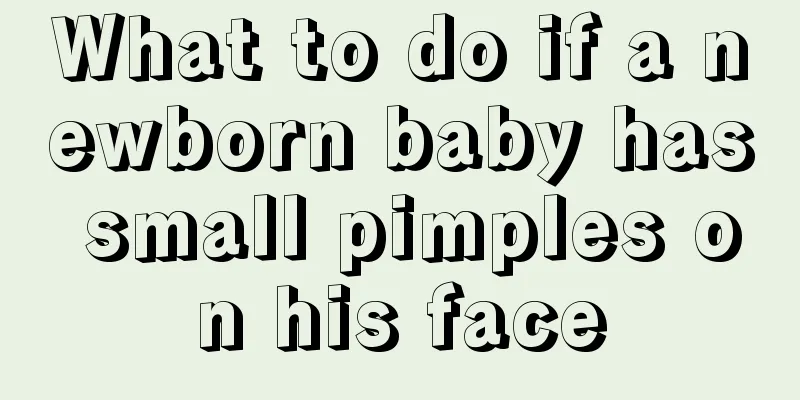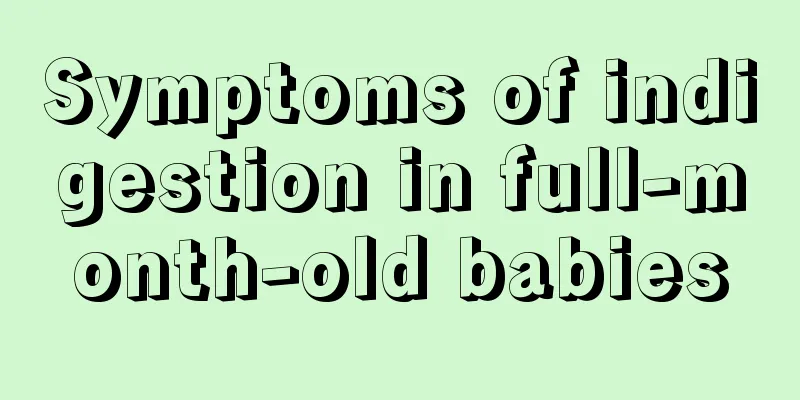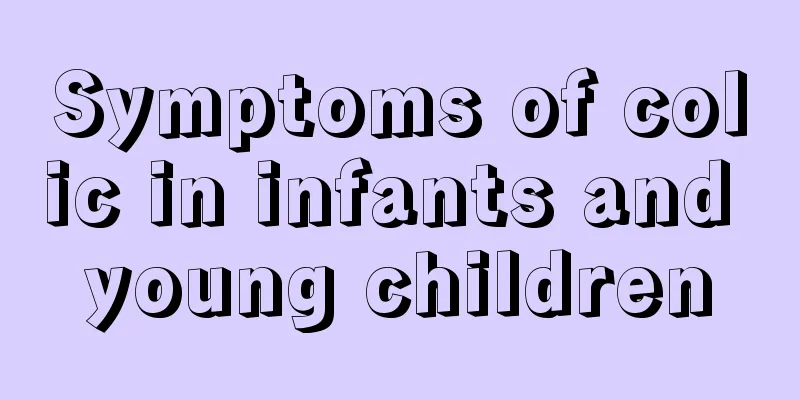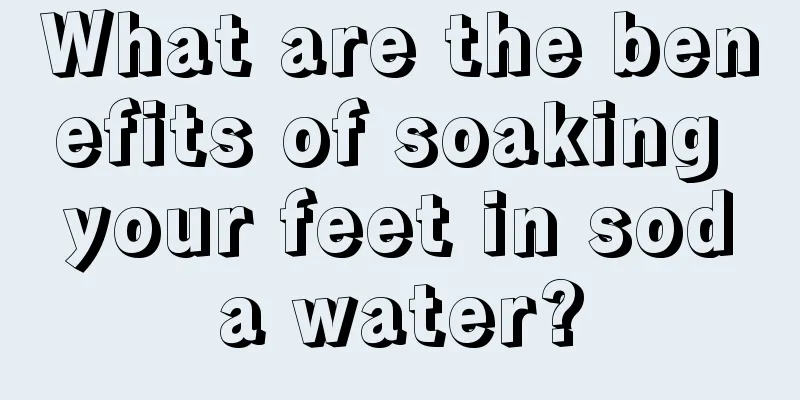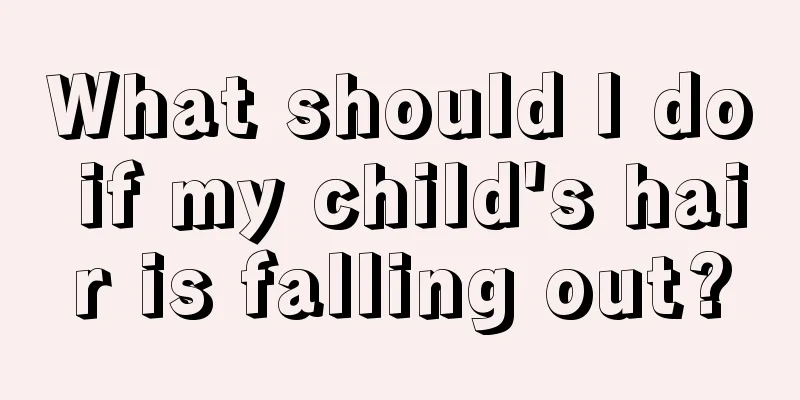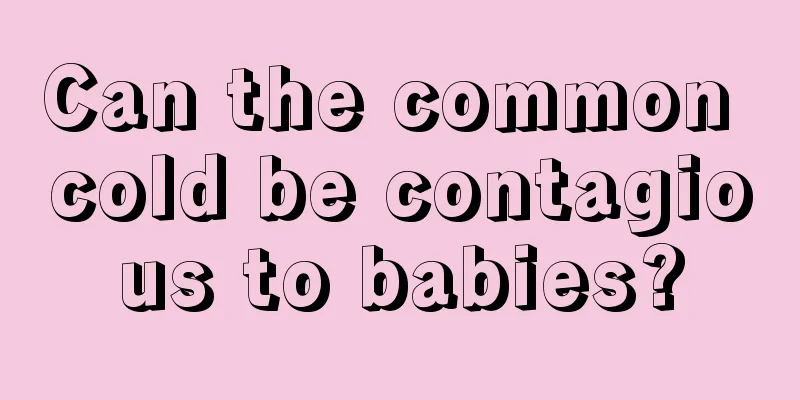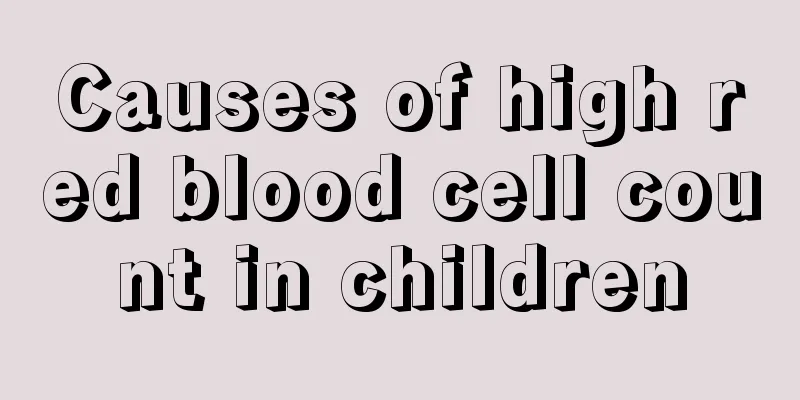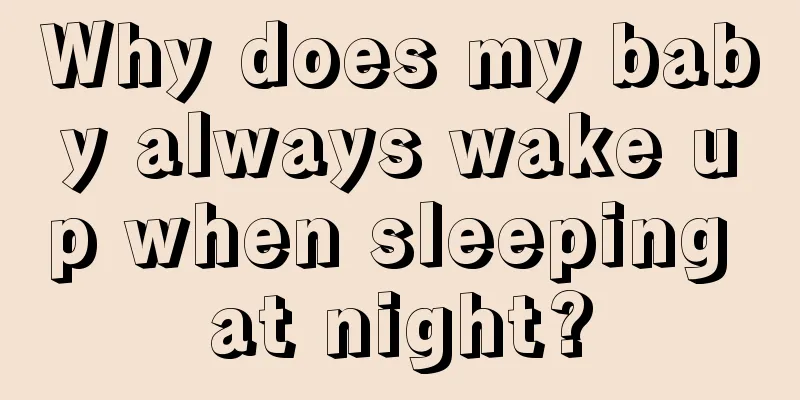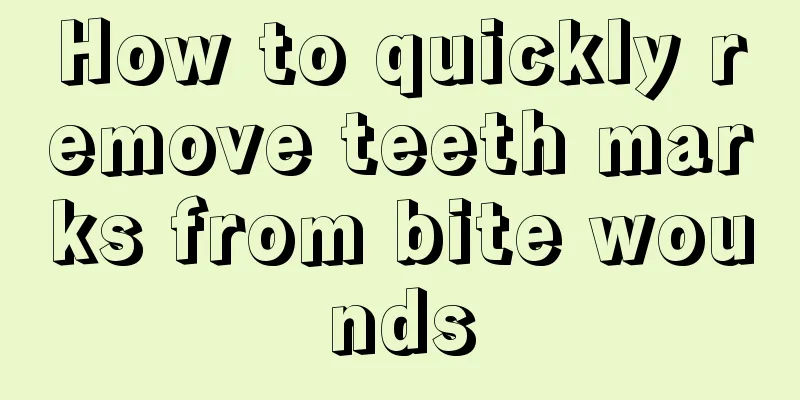How to take infant cough syrup
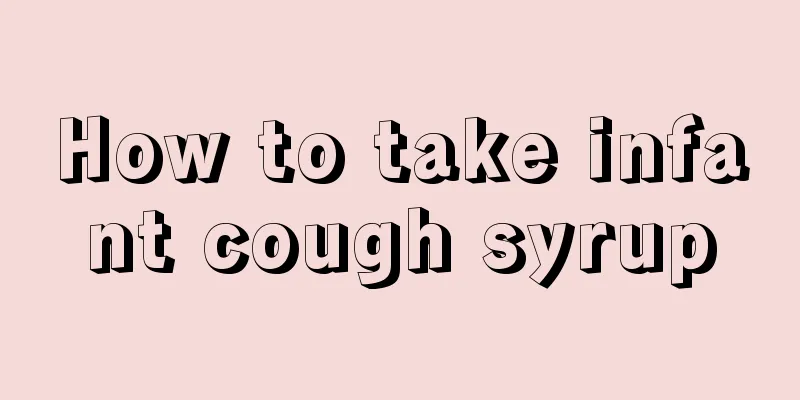
|
When children are sick, they like to eat sweet medicine. It is very difficult for them to take bitter medicine, and they will always cry. When they go to the hospital for examination, they usually get intravenous drips and injections. This kind of treatment method is unacceptable to many parents, so they are very cautious in choosing medicines. When children have coughing symptoms, they usually take cough syrups. There are many types of cough syrups for infants and young children, which are less irritating to the body. So how should infant and young children take cough syrups? The most common symptom of respiratory tract infection in infants and young children is cough. When children cough, parents often give them cough syrups. Since children's cough syrups are sweet, children like to drink them. They often try one medicine and try another one if it doesn't work, or use two medicines together. The result is counterproductive and the cough cannot be cured for a long time. In some children, the cough even gets worse and the condition becomes more and more serious. Coughing is a protective action of the human respiratory tract to protect it from external stimuli. Just like when you eat, rice grains get stuck in your trachea, causing bouts of coughing, and eventually the rice grains are coughed out. The same is true when suffering from tracheitis or pneumonia. Coughing can expel the bacteria and products of tissue destruction in the trachea, bronchi and alveoli from the body, preventing these toxic substances from surviving in the body and keeping the respiratory tract unobstructed and clean. Therefore, this kind of cough with phlegm is beneficial to the human body, and parents do not need to worry too much about their children's cough. However, some children's cough is a dry cough without sputum. Repeated and severe dry coughs will affect the child's rest and sleep, and may even cause lung tissue tearing and pulmonary blood vessel rupture, leading to emphysema, hemoptysis, chest pain, etc. Therefore, dry cough is not good for children and requires active cough suppressant treatment. For common coughs, the main focus should be on expectoration. Do not simply use cough suppressants, and do not take excessive amounts of cough syrup. At present, most of the children's cough syrups produced in my country contain ephedrine hydrochloride, ammonium chloride, phenobarbital and other drug ingredients. Excessive use will have side effects, especially excessive use of ephedrine hydrochloride. Children will experience poisoning reactions such as dizziness, vomiting, increased heart rate, increased blood pressure, irritability, and even shock. Therefore, do not abuse cough syrup for children, otherwise it will be harmful to their health. Give your child medicines as directed by the doctor. In addition, there are many types of cough syrups available on the market. For example, those with Fritillaria cirrhosa as the main ingredient, those with loquat leaves as the main ingredient, and those with licorice as the main ingredient. Some cough syrups contain codeine, a substance extracted from opium. Children may become dependent on it if they take it for a long time, and may even experience symptoms similar to drug addiction. Some cough syrups contain phenergan. Although there are no obvious side effects when taken in small doses, long-term use can cause drowsiness. Children will become slow to react and may also become excited, irritable, coma or convulsed. In severe cases, respiratory arrest may occur and even sudden death may be induced. Even if you need to take cough syrup, you must combine it with other "cough suppressants" on the basis of "cause" treatment to achieve good results. How should infants and young children take cough syrup? To answer this question, we need to understand the above aspects. When family members find that the child has cold symptoms, they must immediately take measures to treat the disease so that the cold can be controlled as soon as possible. The main reason is that children have low resistance and have no ability to prevent diseases. If not treated, the disease will become more and more serious, which is not good for the patient's growth and will also affect the development of the disease in the later stage. The use of cough syrup must refer to the instructions or requirements. |
<<: Where are the massage points for children to grow taller?
>>: What are the precautions for taking children's heat-clearing and cough-relieving syrup?
Recommend
This is what your baby can eat for dinner in a week
What worries mothers the most is probably what th...
What do children know about diet?
Children cannot make random choices in their diet...
What are the reasons for children's cough in the morning and evening?
We all know that children's developmental sys...
What are the symptoms of baby cramps?
Babies sometimes have cramps, and parents don’t k...
Is it good for babies to take baths frequently?
For newborn babies, parents and family members al...
Whose genes does the baby inherit more?
Heredity is a phenomenon that exists in everyone....
The dangers of enlarged tonsils in children
For children, the immune function is not yet full...
The pros and cons of early love among middle school students
Children in today's society are growing faste...
How to deal with itchy vulva in girls
The most common disease among women is gynecologi...
How to judge roseola infantum_How to judge roseola infantum
In fact, pediatric emergency is a situation that ...
What ointment should I use for my baby's boils?
There are many types of skin diseases that can fo...
What should a 5-year-old learn?
As children grow up, their intelligence gradually...
Children have small red pimples on their faces. Do you know the reason behind it?
Small red pimples often appear on children's ...
Is it really good for children to learn Taekwondo?
Taekwondo is a very popular sport among children....
What are the causes of hair loss in three-year-old babies?
If a three-year-old baby loses his hair, parents ...
